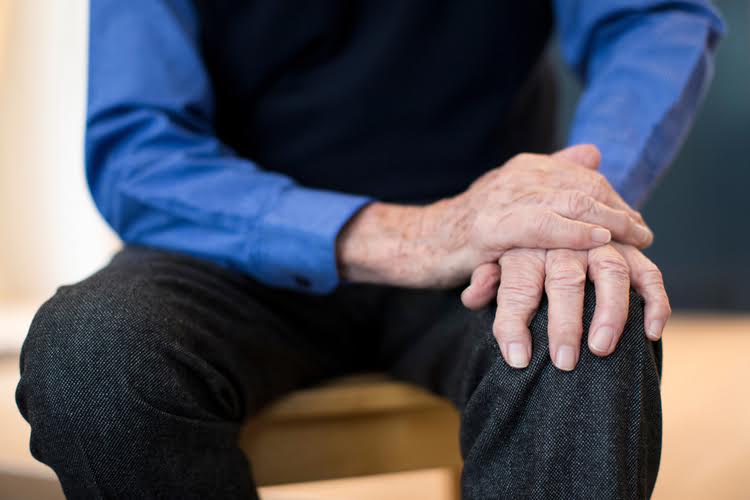Research indicates that discussions, debates, and studies in the 19th and 20th centuries explored personal agency and responsibility in relation to presenting behaviors. Social media drives diet culture, harms body image, and links to addiction; integrated treatment approaches are necessary.. Motivational interviewing (MI) is a widely used evidence-based intervention applied to many health behaviors. Addiction is often marked by multiple periods of abstinence and relapse.

How to Support a Loved One Struggling with Addiction
- While your support is crucial, it’s important to acknowledge that professional help is often necessary for individuals struggling with drug use.
- Addiction often convinces the individual that their preferred substance is the only source of relief, comfort, or satisfaction, which further entrenches their dependency.
- A provider can help you make adjustments throughout your life as needed.
- Most people are not going to be very public about their drug use, especially if it’s to an illegal substance.
- Substance use often clouds judgment and impairs decision-making, leading to risky or dangerous behaviors that can pose serious consequences.
- Different categories of drugs can lead to various physical signs and symptoms.
Dr. Chintan is a Board Certified Family Physician with an interest in holistic and preventative care as well as healthcare systems. Credentialed Physician with both American & Canadian Board of Family Medicine. Adjunct Professor in the Department of Family Medicine at the Schulich School of Medicine & Dentistry. These videos demonstrate how to talk to teens about drug use and motivate them to make changes.
What behavioral changes might suggest someone is struggling with drug addiction?
Someone who is using drugs may experience disrupted sleep, insomnia, or other irregularities in their sleep-wake cycle. Drug use can interfere with the body’s natural sleep rhythms, leading to difficulties in falling asleep or staying asleep. Individuals who are using drugs may experience financial difficulties as their drug habit becomes increasingly expensive. They may struggle to signs of drug use manage their finances, resulting in unpaid bills, borrowing money from friends or family members, or even resorting to theft to support their drug use.
Seeking Support for Addiction
They may stop caring about their grades and choose to neglect the work they need to do to improve academic performance. When someone is sliding into addiction, they tend to hang out with people who also use their drug of choice, or use any kind of substance for that matter. Someone may begin to distance themselves from their old friends or loved ones that may try to get them to stop. People often use drugs to change the way they feel, whether to increase pleasure or calm anxiety. If you notice that your loved one has a drastic change in their usual mood, either they are extremely euphoric or drowsy, it could indicate drug use.
Resources and Information+-

One of the key behavioral signs of drug use is noticeable mood swings and erratic behavior. Individuals using drugs may experience extreme shifts in their emotions, ranging from euphoria to irritability or aggression. These mood swings may be unpredictable and disproportionate to the situation at hand. You can use these criteria to alert you to a possible addiction or physical dependence on a drug. If you or someone close to you develops these signs, it is wise to consult a physician or addiction treatment professional to obtain a diagnosis and seek appropriate treatment.
Physical signs of substance use disorder
Remember, approaching someone about their suspected drug use requires sensitivity and understanding. It’s important to respect their autonomy and readiness to address the issue. By expressing concern, offering support, encouraging professional help, and promoting a substance-free lifestyle, you can play a vital role in helping individuals on their path to recovery. Recognizing signs of substance use disorder early can significantly enhance recovery chances.

Effects of Alcohol on the Brain
- Anxiety is a common drug and alcohol withdrawal symptom, so your loved one may appear overly anxious when they are sober.
- Offer to help research treatment options and accompany your loved one to appointments if they are comfortable with that.
- By recognizing the signs of drug use and taking steps to address the situation, you can make a significant difference in helping individuals who may be struggling with drug use.
- Defensiveness, on the other hand, can manifest as becoming overly argumentative or reacting with anger when the topic is brought up.
For example, many people are medically treated with opioid painkillers for a period of time and easily discontinue medication when pain remits. Likewise, alcohol is consumed widely around the world with meals and in social situations without resulting in addiction. The areas of the brain affected and changed by drug abuse are the same areas of the brain that control cognition and include learning, memory, and higher reasoning. Most people struggling with addiction are going to have some form of financial problems considering most, if not all, of their alcoholism money is supporting their habit. Your loved one may show signs of an increased need for money with little explanation as to why. Because of the ups and downs involved with drug abuse, you may notice that this person is showing more depressive side effects, especially when they’re coming down from a high.
Health Nord is a website that provides information on various health topics. The site includes a blog, which covers a range of topics related to health and wellbeing. Drug addiction is not merely a result of poor decision-making or weak willpower. It is a disease that physically alters the brain’s structure and function, particularly in the areas involved in reward, motivation, and memory. Family therapy or support groups can provide a safe space to share experiences and learn how to cope.

